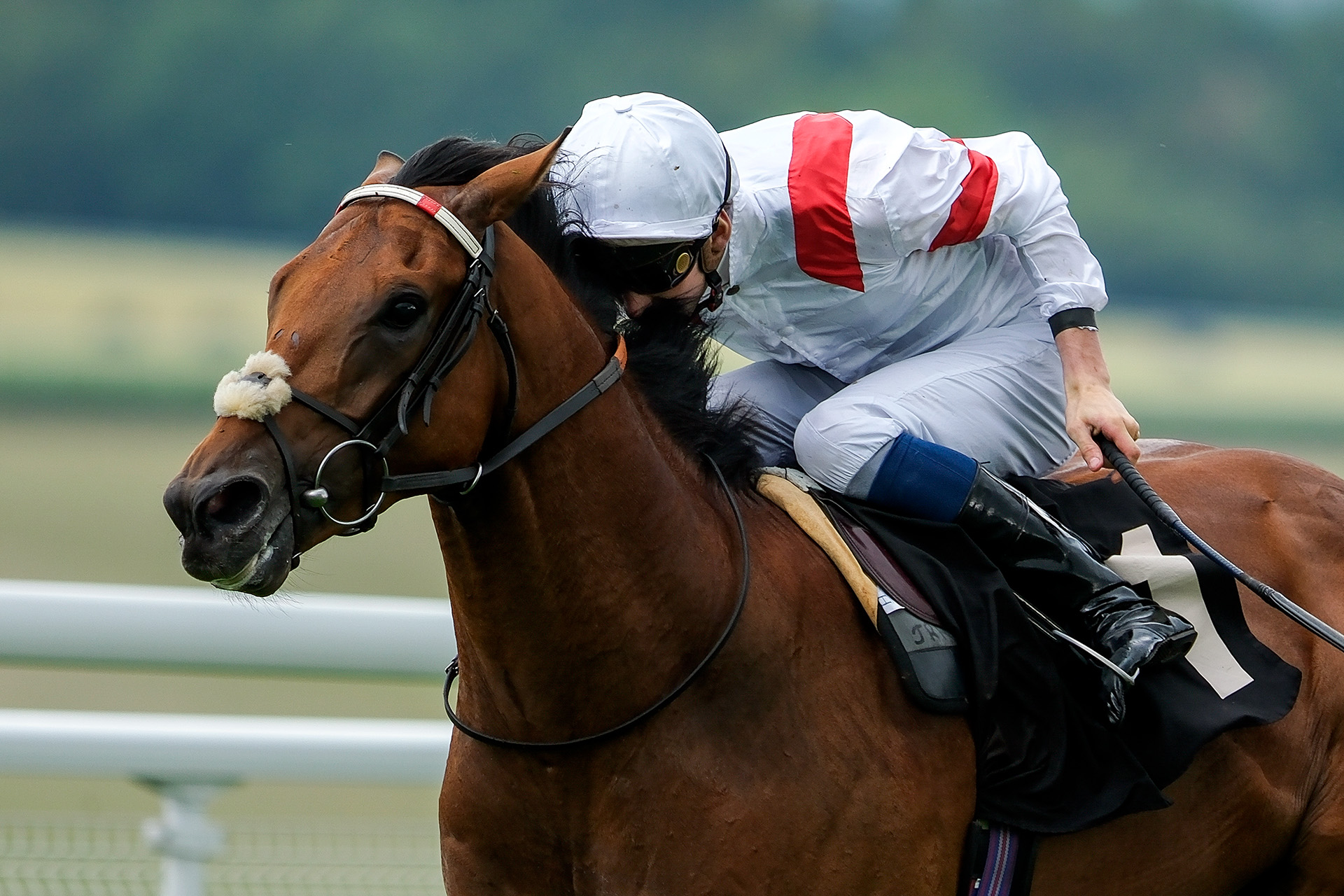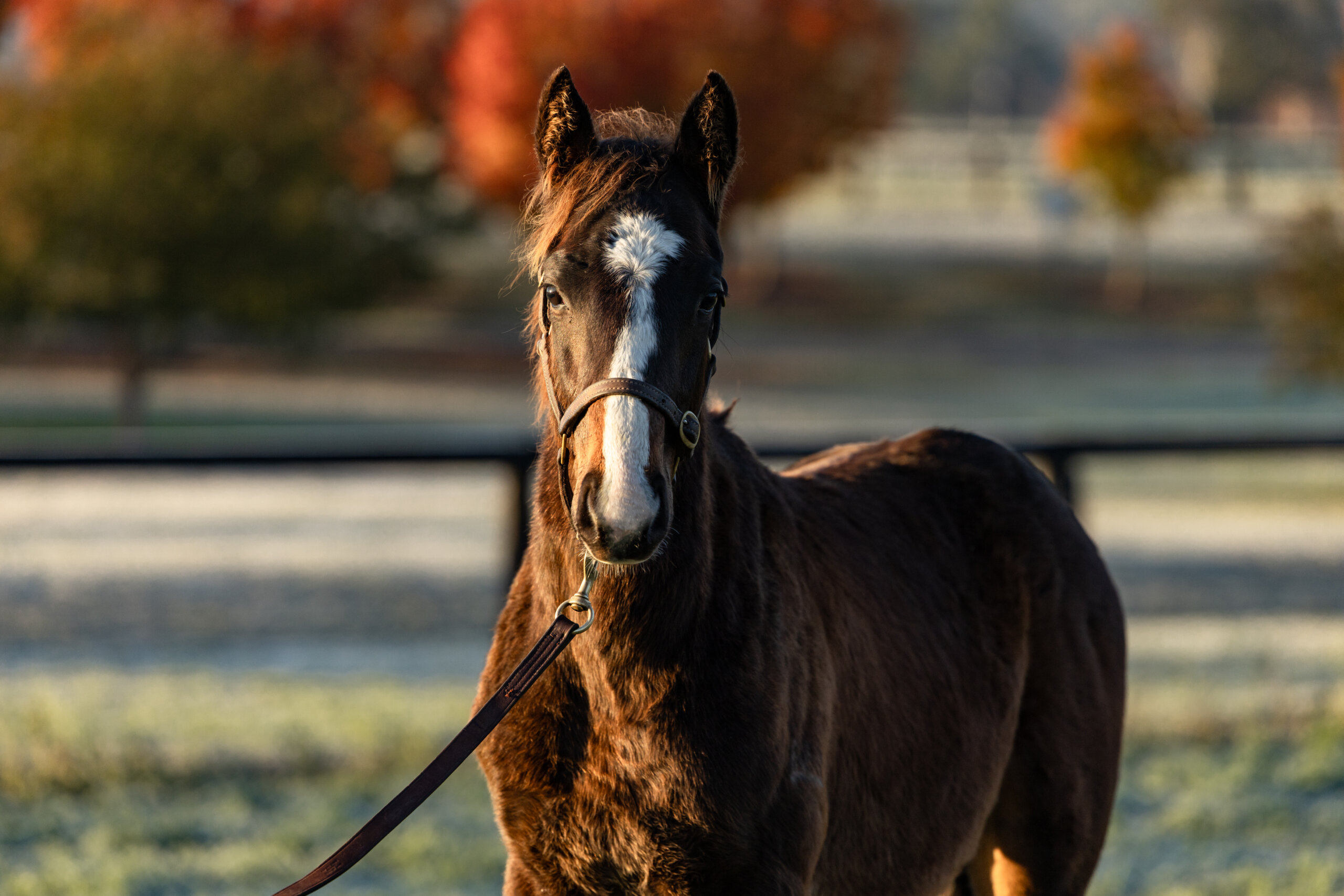São Paulo Jockey Club Fighting Closure Threat
Club statement infers real estate speculation is behind the municipality’s new law to ban horse racing.
HORSE RACING IN SÃO PAULO has the threat of an outright ban hanging over it after a law to that effect was approved by a symbolic vote of the municipal council on June 26.
The move by city councillors not only threatens the sport at Cidade Jardim racecourse but also the health of the broader industry nationally, yet prominent figures within and close to the Jockey Club de São Paulo harbour a firm degree of confidence that horse racing has the legal high ground, thanks in part to a 40-year-old federal law.
A formal response issued by the Jockey Club said that it is analysing the wording of the new municipal law and that it will “adopt the appropriate legal measures to guarantee its rights and those of the thousands of families that depend on horse racing activities.”
The bill, PL 691/2022, was authored by Councillor Xexéu Tripoli, a member of Brazil’s biggest political party, the liberal-conservative União Brasil. It aims to take back the racecourse land to the city council by outlawing all races that involve animals and gambling held in São Paulo, but is seen by observers as a political manoeuvre ahead of mayoral and municipal elections in October.
“Sporting activities that use animals, such as races, (competitions) or any other event, with the respective issuance of betting pools, even if by digital or virtual means, are prohibited,” the bill states. Tripoli was quoted in local news reports as suggesting an ideological animal welfare consideration, saying no animals would be raced for human entertainment.

One Jockey Club official told Idol Horse that the club has a good horse welfare plan, and is audited regularly by the Ministry of Agriculture regarding horse care and management, and conforms to the requirements.
The new law gives the Jockey Club 180 days to cease operations or face penalties.
But in a report published on the council’s website, the president of the city council, Milton Leite, said: “This weekend I will be leading a commission … to seize all the horses if there is a race there.”
Leite also stated that the city’s attorney general, Marina Magro, understood the legalities to be such that the land was granted to the Jockey Club only for the purposes of horse racing.
“If we stopped the horse racing yesterday, the horse racing activity also stopped,” Milton is quoted on the website. “That property has always belonged to the City Hall, and the Jockey Club was the one using it. In the absence of horse racing, the property immediately goes to the City Hall.”
The first vote on the law was held at the end of 2023 and the second ‘symbolic vote’ held on Wednesday afternoon took only a few seconds to pass: it was one of 72 ‘conveyor belt’ items put before the council that day.
Officials within the Jockey Club de São Paulo believe that the municipal law is superseded by federal law, which should protect the sport and the racecourse from being shut down.
That is also the view of Ricardo Ravagnani, the International Federation of Horseracing Authorities (IFHA)’s head handicapper for South America, who is also a race day TV pundit and a practising lawyer in São Paulo. He told Idol Horse that a 1984 Brazilian federal law ruled that horse racing is not harmful to horses, in which case there should be no grounds for the shutdown being anything to do with animal welfare or rights.
“The main thing is the federal law says that horse racing activity is good for the horses, so the welfare of horses cannot be the reason,” he said. “If that was the case, then the federal law must be revoked, that’s the only way they can shut the race track; first you need to revoke the federal law, which says specifically horse racing is a good activity for the horses.”
Cidade Jardim sits in a largely middle-class neighbourhood of low-rise homes on the bank of the Pinheiros River, with a vista of high-rise buildings on the opposite bank. There have long been fears that the site could fall prey to property developers.

The city’s Master Plan, approved in late 2023, includes a plan to turn the track into a municipal public park. But in early 2024 the area around the race track was re-zoned to allow high-rise property development.
The Jockey Club’s official response also stated that the city council’s new law signals “a clear interest in … opening up space for an absurd attempt to expropriate the land of the Cidade Jardim racetrack for possible real estate speculation.”
And, according to one Jockey Club official, for the new law to move forward anyway it needs to be ratified by the mayor, Ricardo Nunes, who is up for election in October, and then published in the daily Diario Oficial of the São Paulo municipality. The latter, at least, had not happened by the weekend.
Racing has taken place officially in São Paulo since at least 1875 and Cidade Jardim is home to the prestigious G1 Grande Premio São Paulo which celebrated its centenary in 2023. The race track opened in all its art deco-infused grandeur in 1941 and is a relic of Brazilian horse racing’s mid-20th century splendour.
One potential complication for the club is the ongoing conflict over unpaid taxes. The club currently owes at least R$532.6 million in land tax to the city according to reports; the club disputes the amount owed.
Leite stated that if the city takes the racecourse from the Jockey Club “The administrators still have a debt of R$600 million.”
São Paulo is one of Brazil’s two main tracks, along with Gavea in Rio de Janeiro, and its closure would have a catastrophic impact on what is estimated to be a R$6 billion industry.
It is also a nursery for champions. Its apprentice school has produced several internationally-renowned jockeys including the three-time champion of Britain, Silvestre de Sousa.

“A lot of good jockeys have come out of there: Joao (Moreira), Eurico Rosa (da Silva), Manuel Nunes,” he told Idol Horse between races at Newcastle on Friday evening. “But it’s bigger even than that, it affects the breeding industry as well, São Paulo has a better climate than Rio, it’s better for the horses and that breeding industry down there will be badly affected, it will have a bad knock-on effect.
“If this goes wrong and we lose racing in São Paulo it’s a massive loss, and a loss for the economy as well. There’ll be a lot of people without jobs, they’ll have to move out of the track, families will have to move.
“I know things are a bit run down from what they used to be but the government should get things together: São Paulo is a big place and I’m sure there’s space for there to be a race track there, it’s where the population is, it’s where the money is so they should be saving the race track. It will be a shame if we lose the track.”
The racing industry in São Paulo employs around 5,000 people directly, but independent estimates put the number of people employed in businesses connected directly to the racing industry as high as 600,000, and studies suggest that could increase well into seven figures when businesses with a non-direct connection are factored in.



